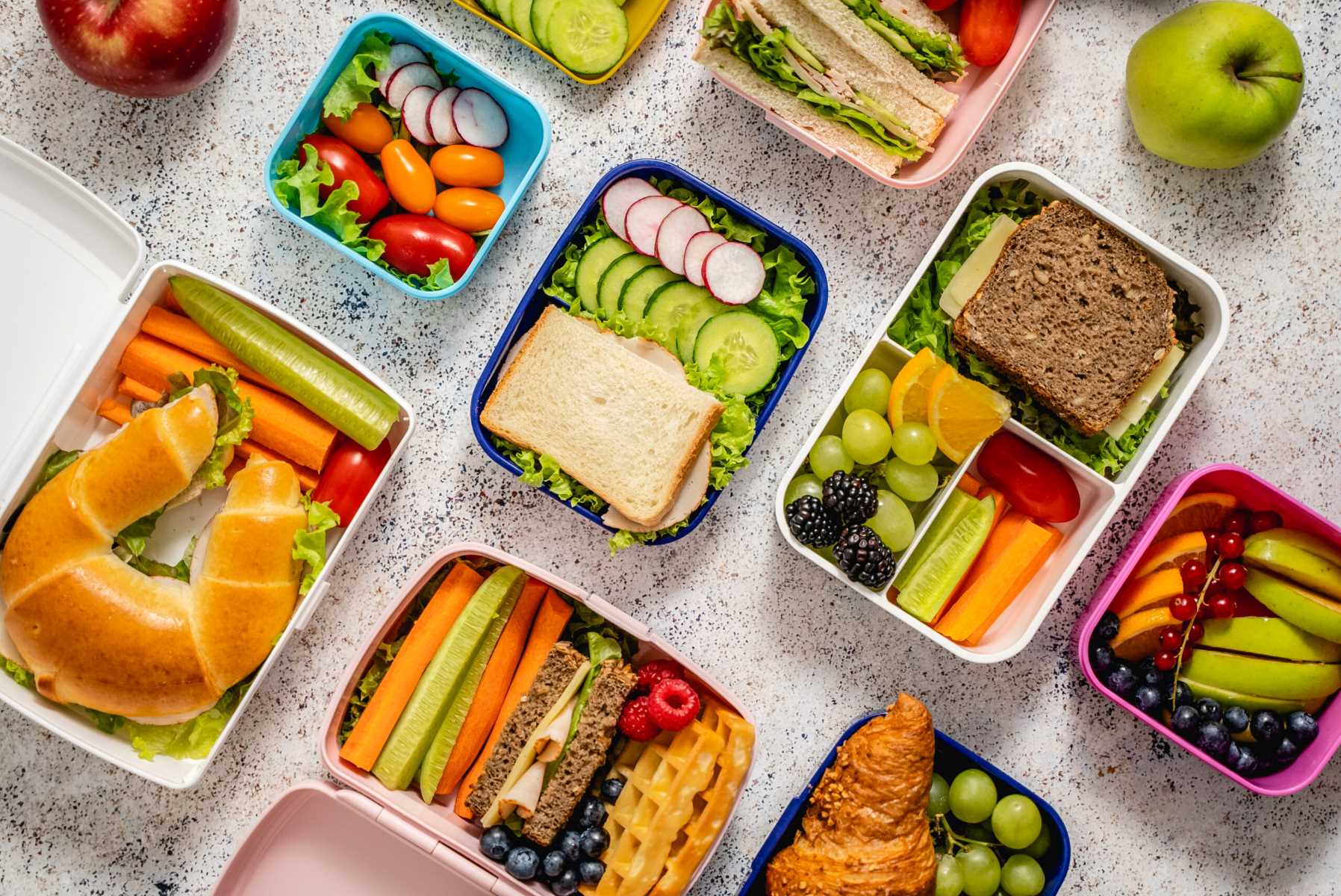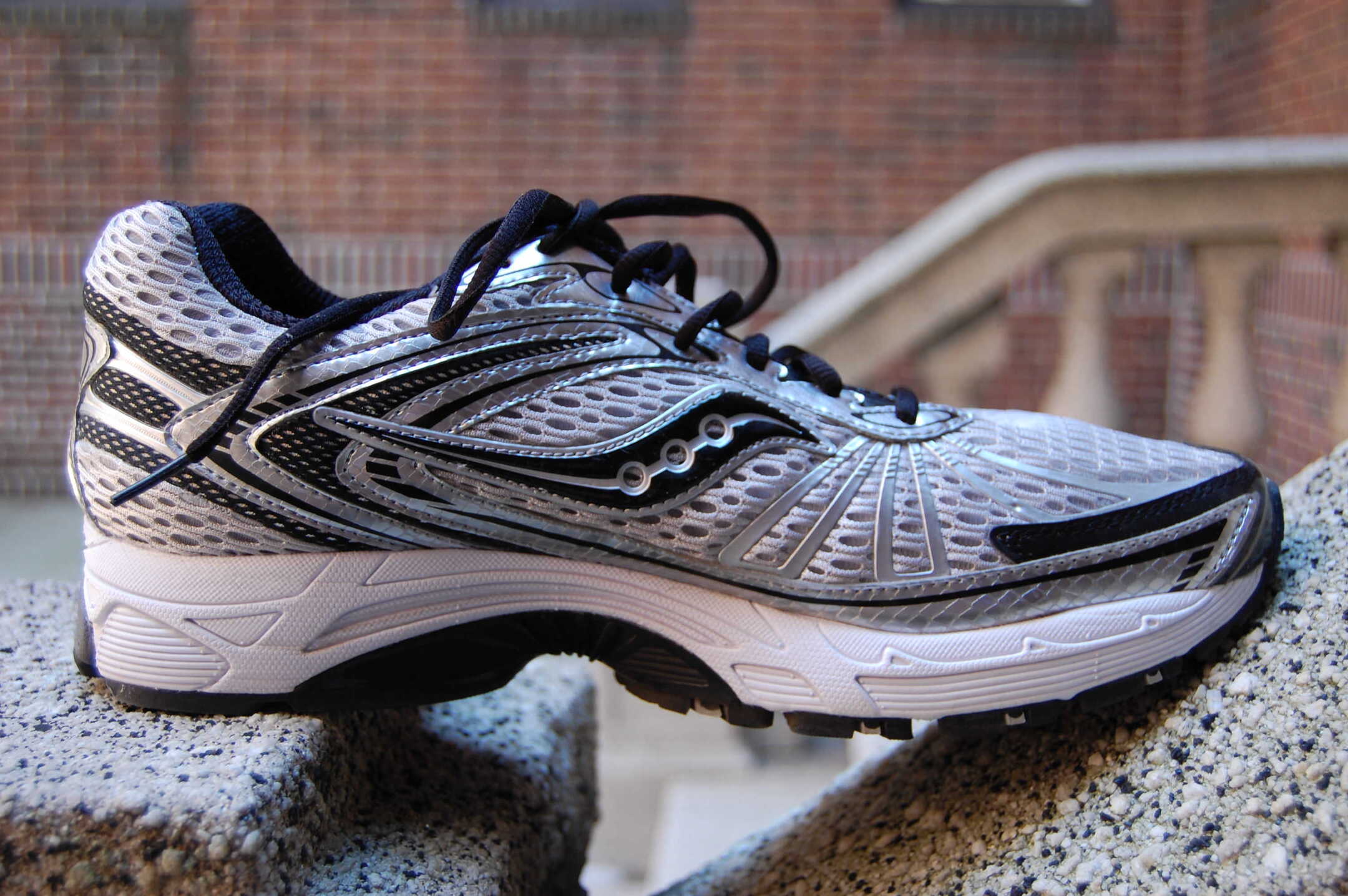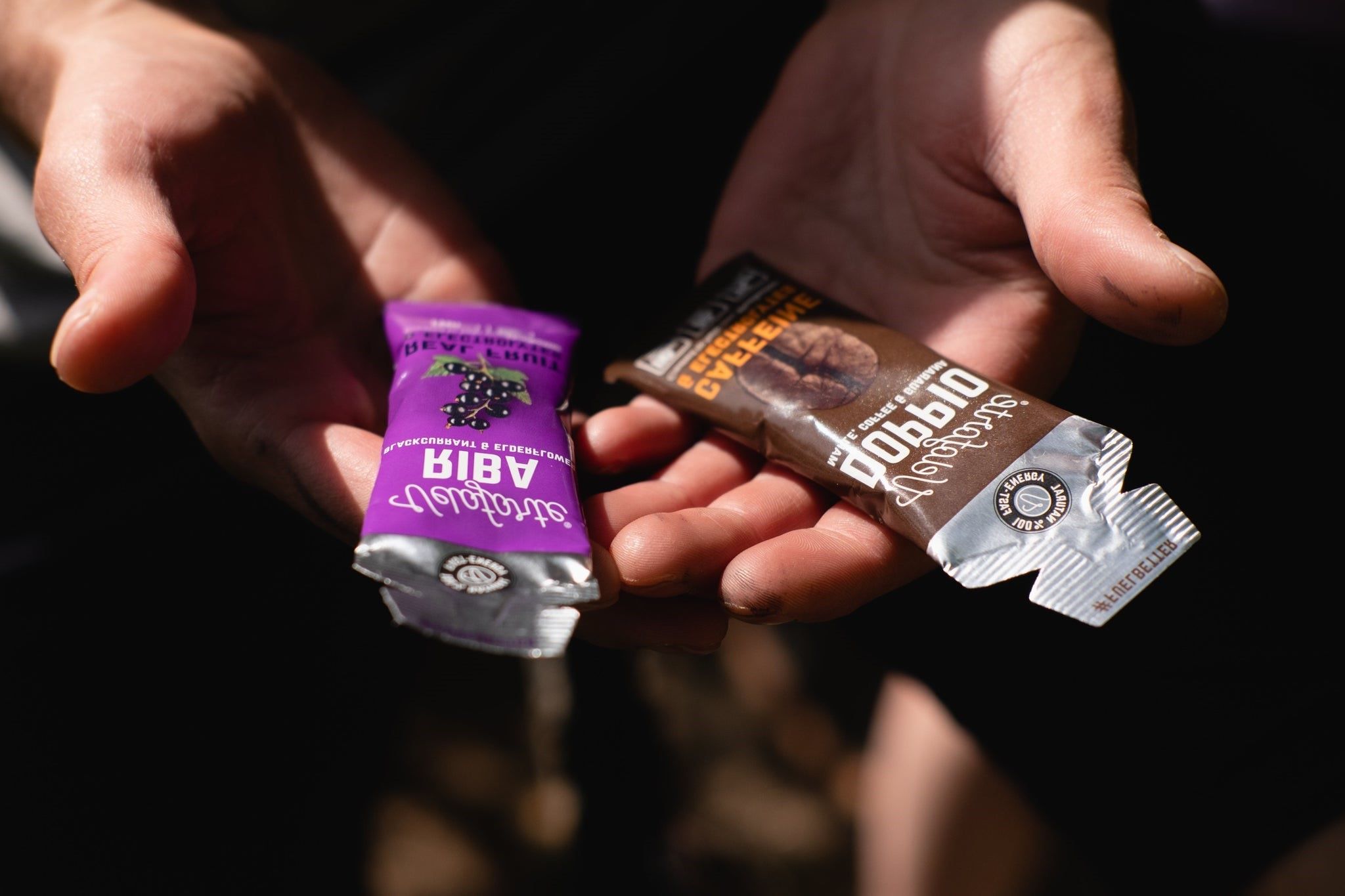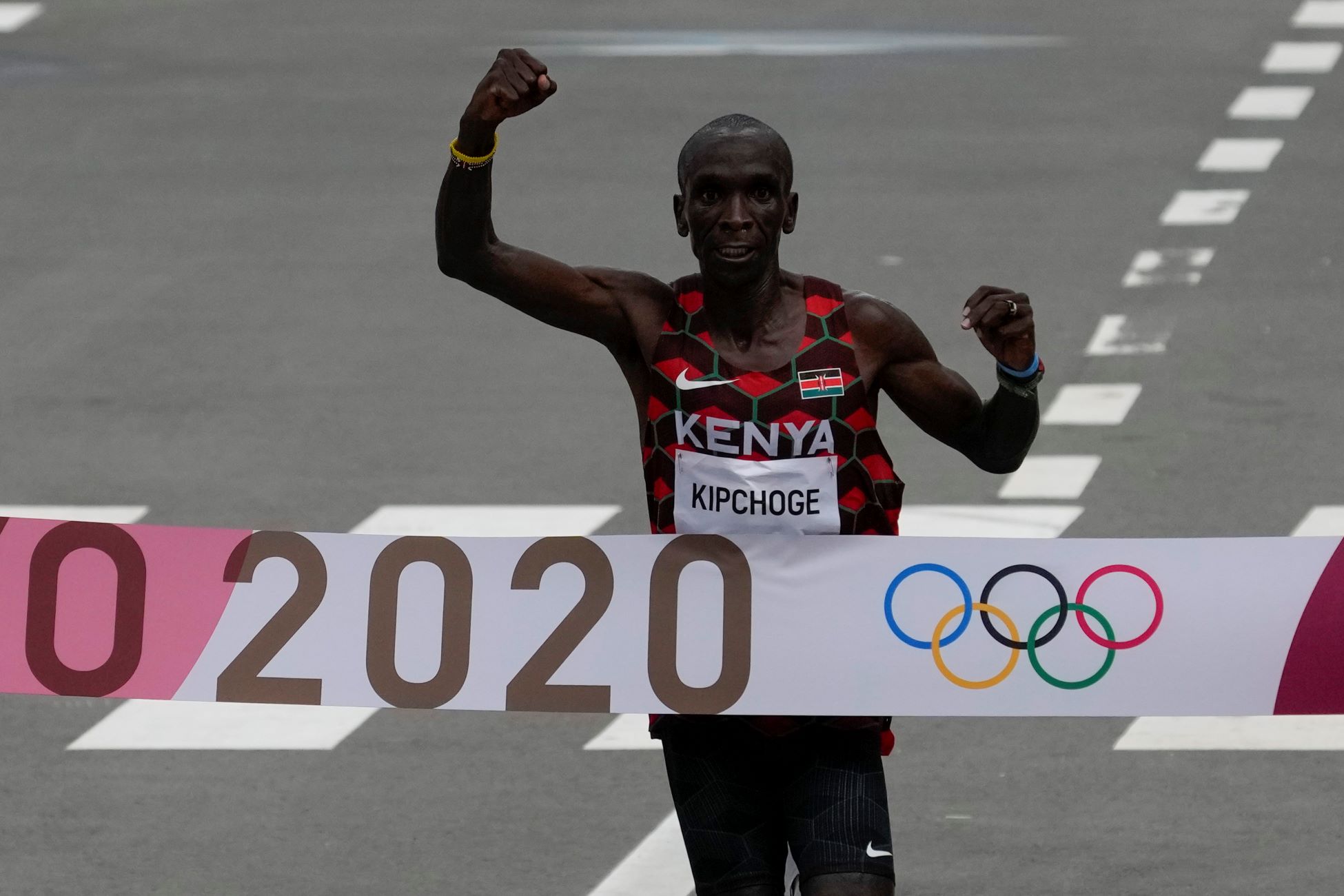Home>Health & Nutrition>Nutrition>The Ultimate Guide To Crafting The Ideal Breakfast For Runners’ Recovery
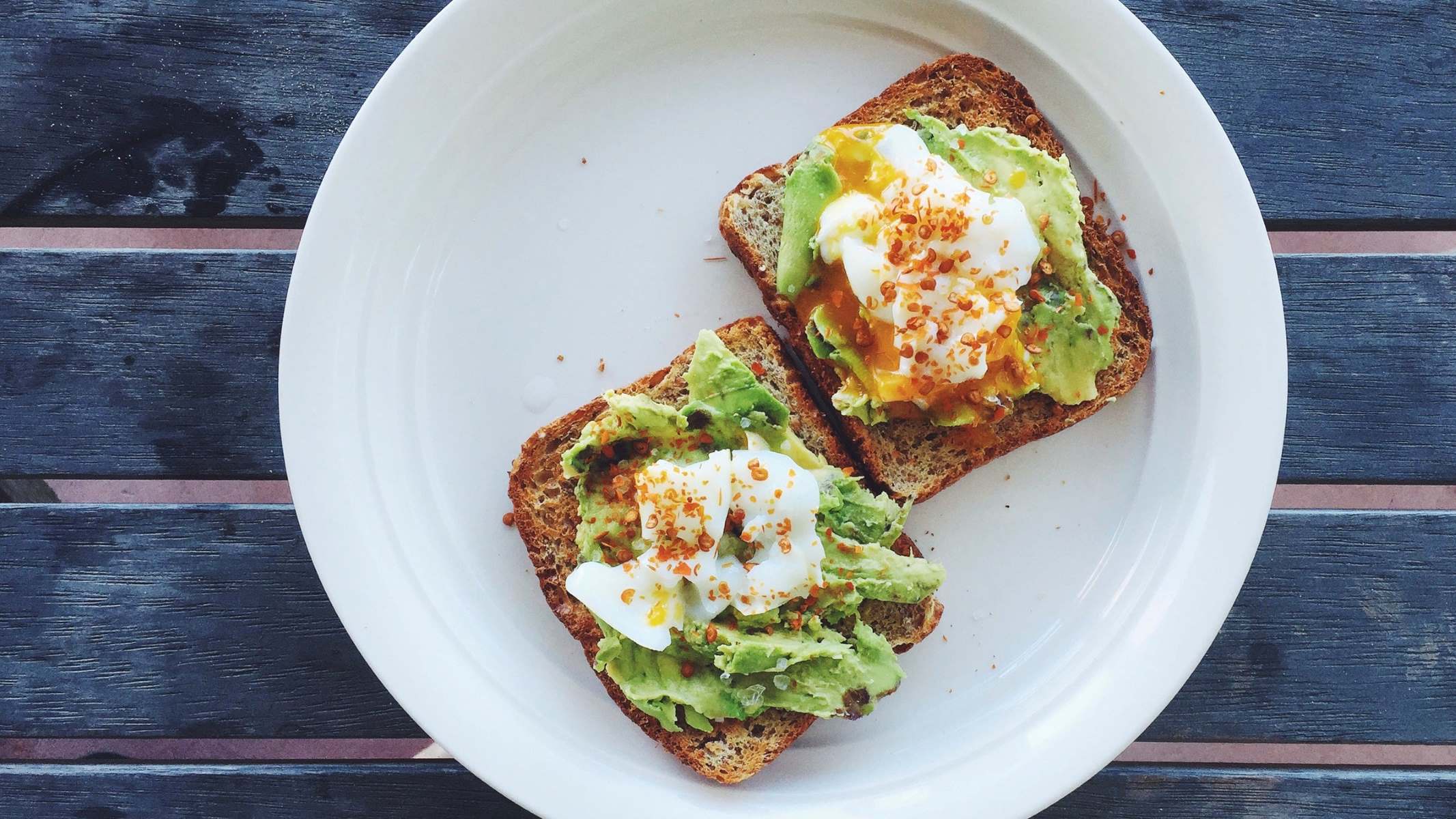

Nutrition
The Ultimate Guide To Crafting The Ideal Breakfast For Runners’ Recovery
Published: February 21, 2024
Discover the essential nutrition tips for runners' recovery with our ultimate guide to crafting the ideal breakfast. Fuel your body for peak performance and optimal recovery.
(Many of the links in this article redirect to a specific reviewed product. Your purchase of these products through affiliate links helps to generate commission for Therunningadvisor.com, at no extra cost. Learn more)
Table of Contents
Importance of Breakfast for Runners' Recovery
Breakfast is often hailed as the most important meal of the day, and for runners, it holds even greater significance. After a strenuous workout or a long run, the body's energy stores are depleted, and the muscles are in need of repair. This is where a well-balanced breakfast plays a crucial role in kickstarting the recovery process.
For runners, breakfast serves as the foundation for replenishing glycogen stores, repairing muscle tissue, and providing the essential nutrients needed to support overall recovery. It sets the tone for the day, influencing energy levels, mood, and performance during subsequent training sessions or races.
Skipping breakfast can lead to prolonged muscle fatigue, decreased glycogen replenishment, and impaired cognitive function, all of which can hinder a runner's ability to bounce back effectively. By fueling the body with a nutritious breakfast, runners can optimize their recovery, reduce muscle soreness, and enhance their readiness for future workouts.
In essence, breakfast acts as the catalyst for jumpstarting the body's recovery process, ensuring that runners are adequately prepared to tackle the physical demands of their training regimen. It's not just about satisfying hunger; it's about providing the essential nutrients and energy needed to support the body's repair and rebuilding processes after a challenging run.
In the next sections, we'll delve into the specific nutritional requirements for runners and explore the key components of an ideal breakfast tailored to support their recovery needs. This will provide valuable insights into crafting breakfast options that are not only delicious but also highly beneficial for runners seeking to optimize their post-run recovery.
Nutritional Requirements for Runners
Runners have unique nutritional needs due to the physical demands they place on their bodies. To support their performance and recovery, runners require a well-balanced diet that provides essential nutrients in the right proportions. Key nutritional requirements for runners include carbohydrates, protein, healthy fats, vitamins, and minerals.
Carbohydrates
Carbohydrates are the primary fuel source for endurance activities. They are stored in the muscles and liver as glycogen, which serves as a readily available energy source during running. Consuming an adequate amount of carbohydrates is crucial for replenishing glycogen stores after a run and sustaining energy levels for subsequent workouts.
Protein
Protein plays a vital role in muscle repair and growth. For runners, adequate protein intake is essential for supporting muscle recovery after strenuous workouts. Consuming protein-rich foods helps repair muscle tissue and promotes the development of lean muscle mass, contributing to overall strength and resilience.
Healthy Fats
Healthy fats, such as those found in avocados, nuts, and olive oil, are valuable for runners as they provide sustained energy and support the absorption of fat-soluble vitamins. Additionally, omega-3 fatty acids, found in foods like salmon and chia seeds, possess anti-inflammatory properties, which can aid in reducing exercise-induced inflammation and supporting joint health.
Vitamins and Minerals
Runners require an array of vitamins and minerals to support various physiological functions. Iron is particularly important for runners, as it plays a key role in oxygen transport and energy production. Additionally, vitamins such as B-complex vitamins, vitamin C, and vitamin D are essential for energy metabolism, immune function, and bone health, all of which are crucial for runners' overall well-being.
Hydration
Proper hydration is fundamental for runners to maintain performance and aid in recovery. Dehydration can impair muscle function and hinder the body's ability to repair and rebuild after a run. Runners should prioritize adequate fluid intake, both during and after their workouts, to replenish lost fluids and support optimal recovery.
Understanding these nutritional requirements is essential for crafting an ideal breakfast that caters to runners' recovery needs. By incorporating the right balance of carbohydrates, protein, healthy fats, vitamins, minerals, and hydration into their breakfast choices, runners can effectively support their post-run recovery and enhance their overall performance.
Key Components of an Ideal Breakfast for Recovery
An ideal breakfast for runners' recovery should encompass a strategic combination of nutrient-dense foods that cater to their specific post-run needs. The key components of such a breakfast are designed to replenish energy stores, facilitate muscle repair, and provide essential nutrients to support overall recovery.
1. Complex Carbohydrates
Incorporating complex carbohydrates into the breakfast is paramount for replenishing glycogen stores depleted during a run. Whole grain options such as oats, quinoa, or whole grain bread provide a sustained release of energy, ensuring that runners are adequately fueled for the day ahead. These carbohydrates serve as the primary source of energy for the body, supporting both physical and cognitive function.
Read more: The Ultimate Guide To Fell Running
2. Lean Protein Sources
Including lean protein sources in the breakfast is essential for muscle repair and recovery. Foods such as eggs, Greek yogurt, or plant-based protein sources like tofu or lentils offer high-quality protein to aid in the repair of muscle tissue. Protein also plays a crucial role in satiety, helping runners feel full and satisfied after their meal.
3. Healthy Fats
Incorporating healthy fats into the breakfast provides a source of sustained energy and supports the absorption of fat-soluble vitamins. Avocado, nuts, seeds, and olive oil are excellent choices for incorporating healthy fats into the meal. These fats contribute to a feeling of satiety and help regulate blood sugar levels, promoting stable energy throughout the day.
4. Vitamins and Minerals
Including a variety of fruits and vegetables in the breakfast ensures a rich supply of essential vitamins and minerals. Berries, citrus fruits, spinach, and bell peppers are excellent choices, providing an array of vitamins, including vitamin C and various B vitamins. These nutrients play a crucial role in energy metabolism, immune function, and overall well-being.
5. Hydration
Incorporating hydrating elements into the breakfast is vital for replenishing fluids lost during a run. Including a glass of water, a serving of hydrating fruits, or a refreshing smoothie can contribute to rehydration and support the body's recovery process.
By integrating these key components into their breakfast choices, runners can effectively support their recovery and set the stage for a productive day. This strategic combination of complex carbohydrates, lean protein, healthy fats, vitamins, minerals, and hydration creates a well-rounded breakfast that addresses the specific needs of runners post-exercise, promoting optimal recovery and overall well-being.
Read more: 5 Breakfast Ideas For Post-Run Recovery
Sample Breakfast Ideas for Runners
-
Oatmeal Power Bowl
- Start the day with a hearty bowl of oatmeal topped with sliced bananas, a sprinkle of chia seeds, and a dollop of almond butter. Oatmeal provides complex carbohydrates for sustained energy, while the addition of bananas offers potassium to support muscle function. Chia seeds contribute omega-3 fatty acids, aiding in reducing inflammation and promoting joint health. The almond butter provides a dose of healthy fats and adds a delightful nutty flavor to the bowl.
-
Egg and Veggie Scramble
- Whip up a protein-packed scramble by combining eggs with a colorful array of sautéed vegetables such as spinach, bell peppers, and tomatoes. This dish offers a generous serving of lean protein for muscle repair and an assortment of vitamins and minerals from the vibrant vegetables. Pair it with a slice of whole grain toast for an added boost of complex carbohydrates.
-
Greek Yogurt Parfait
- Layer Greek yogurt with fresh berries, granola, and a drizzle of honey to create a delicious and nutritious parfait. Greek yogurt delivers a substantial amount of protein, while the berries contribute antioxidants and vitamins. The granola adds a satisfying crunch and a dose of complex carbohydrates, making this parfait a well-rounded option for post-run recovery.
-
Avocado Toast with Smoked Salmon
- Elevate a classic breakfast choice by spreading ripe avocado on whole grain toast and topping it with smoked salmon and a sprinkle of black pepper. Avocado provides healthy fats, while smoked salmon offers a rich source of omega-3 fatty acids and high-quality protein. This combination not only satisfies the taste buds but also delivers essential nutrients to support muscle recovery and overall well-being.
-
Smoothie with Spinach and Protein
- Blend together a refreshing smoothie using spinach, banana, protein powder, and almond milk. This vibrant green smoothie packs a nutritional punch, offering a blend of leafy greens, fruit, and protein. Spinach provides an abundance of vitamins and minerals, while the protein powder supports muscle repair and growth. The smoothie serves as a convenient and hydrating option for runners seeking a quick and nourishing breakfast.
These sample breakfast ideas cater to the specific nutritional needs of runners, providing a balance of carbohydrates, protein, healthy fats, vitamins, and hydration to support their post-run recovery. By incorporating these nutritious and flavorful options into their morning routine, runners can fuel their bodies for optimal recovery and set the stage for a successful day of training or racing.
Preparing Breakfast for Optimal Recovery
Crafting a breakfast tailored for optimal recovery involves thoughtful planning and preparation to ensure that runners receive the essential nutrients needed to support their post-run needs. By incorporating a variety of nutrient-dense foods and strategic combinations, runners can set the stage for effective recovery and sustained energy throughout the day.
To begin, it's important to consider the timing of breakfast in relation to the run. Ideally, runners should aim to consume their post-run breakfast within 30 to 60 minutes after completing their workout. This window presents an opportune time for the body to efficiently replenish glycogen stores and kickstart the muscle repair process. By prioritizing prompt nourishment, runners can maximize the benefits of their breakfast for recovery.
When preparing breakfast, it's beneficial to focus on incorporating a balance of macronutrients, including carbohydrates, protein, and healthy fats. This balance ensures that runners receive a comprehensive array of nutrients to support their recovery needs. Opting for whole food sources of carbohydrates, such as oats, quinoa, or whole grain bread, provides sustained energy and aids in replenishing glycogen stores.
Incorporating lean protein sources, such as eggs, Greek yogurt, or plant-based options like tofu, supports muscle repair and growth. These protein-rich choices contribute to the rebuilding of muscle tissue, aiding in the recovery process. Additionally, including healthy fats from sources like avocados, nuts, and olive oil provides a source of sustained energy and supports the absorption of fat-soluble vitamins.
In addition to macronutrients, integrating an array of vitamins and minerals from fruits and vegetables is essential for overall recovery. Berries, citrus fruits, and leafy greens offer a rich supply of antioxidants, vitamins, and minerals, contributing to the body's repair processes and immune function. Hydration also plays a crucial role in recovery, and including hydrating elements such as water, hydrating fruits, or smoothies can aid in replenishing lost fluids.
Furthermore, the preparation of breakfast can be tailored to suit individual preferences and dietary requirements. Whether it's through meal prepping the night before, creating customizable breakfast bowls, or experimenting with new recipes, the goal is to make the breakfast experience enjoyable and conducive to recovery.
By taking the time to thoughtfully prepare breakfast with the specific nutritional needs of post-run recovery in mind, runners can optimize their recovery process and set the stage for a successful day ahead. This intentional approach to breakfast preparation ensures that runners are well-equipped to support their bodies' recovery needs and enhance their overall well-being.



